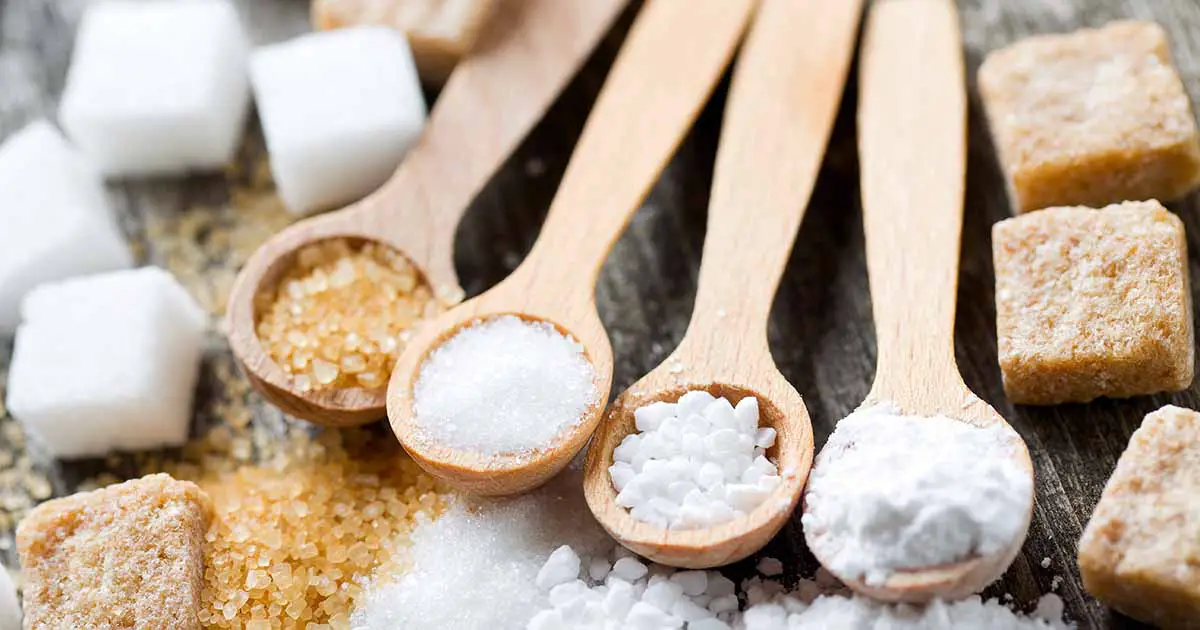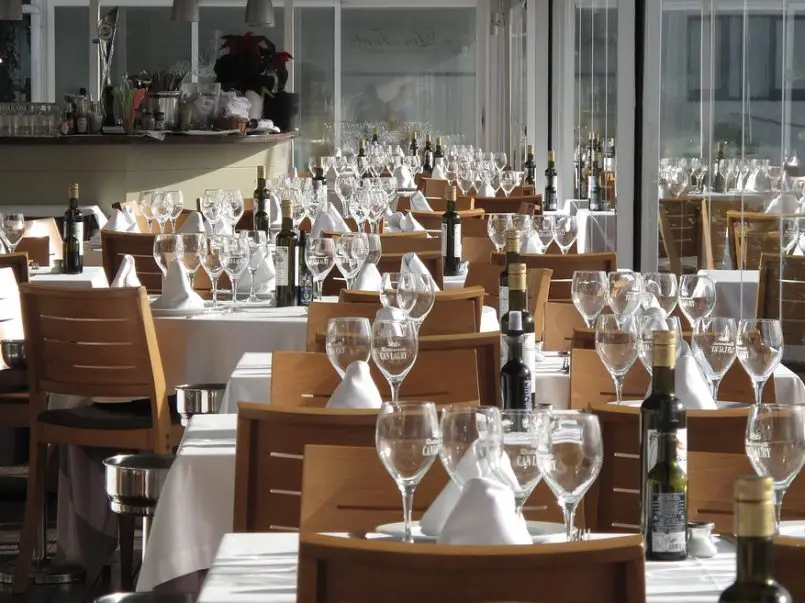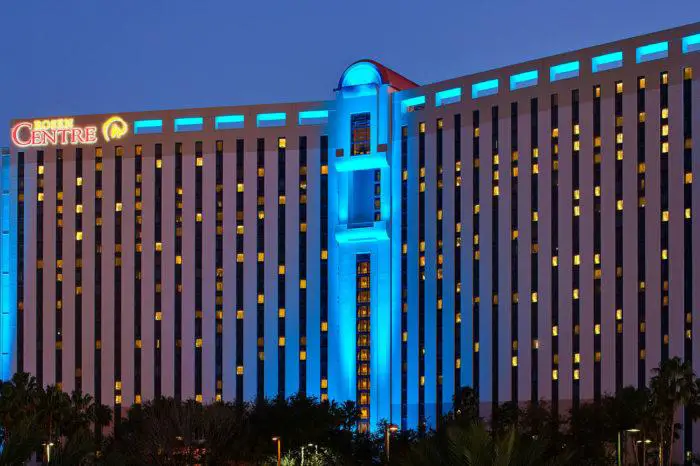COORDINATION WITH OTHER DEPARTMENTS
The primary function of the food and beverage department is to provide food and drink to a hotel’s guests. In earlier times, when an inn had a single dining room that could hold a limited number of guests, this was a fairly simple task. Today, however, providing food and drink is much more complicated. A large hotel might well have a coffee shop, a gourmet restaurant, a poolside snack bar, room service, two banquet halls, and ten function rooms where food and beverages are served. It might also have a lounge, a nightclub, and a lobby bar. On a busy day (or night), it’s quite likely that functions will be booked in many outlets at the same time. In addition, some outlets may have multiple events scheduled for a single day. As you can see, there is great diversity in the types of activities performed by a food and beverage department, requiring a significant variety of skills on the part of its workers. The primary function of the food and beverage department is to provide food and drink to a hotel’s guests. In earlier times, when an inn had a single dining room that could hold a limited number of guests, this was a simple task. Today, however, providing food and drink is much more complicated. A large hotel might well have a coffee shop, a gourmet restaurant, a poolside snack bar, room service, two banquet halls, and ten function rooms where food and beverages are served. It might also have a lounge, a nightclub, and a lobby bar. On a busy day (or night), it’s quite likely that functions will be booked in many outlets at the same time. In addition, some outlets may have multiple events scheduled for a single day. As you can see, there is great diversity in the types of activities performed by a food and beverage department, requiring a significant variety of skills on the part of its workers.
Because of the diversity of services provided, the food and beverage department is typically split into subunits. The executive chef, a person of considerable importance and authority in any full-service hotel, runs the food production, or kitchen, department. A variety of culinary specialists who are responsible for different aspects of food preparation report to the executive chef.
The actual serving of food in a large hotel’s restaurants is usually the responsibility of a separate department, headed by the assistant food and beverage director. The food service department is composed of the individual restaurant and outlet managers, maitre d’s, waiters, waitresses.
Because of their special duties and concerns, many large hotels have a separate subunit that is responsible only for room service. Because of the high value and profit margins associated with the sale of alcoholic beverages, some hotels have a separate department that assumes responsibility for all outlets where alcoholic beverages are sold. The person responsible for this department is the beverage manager.
Most full-service hotels also do a considerable convention and catering business. The typical convention uses small function rooms for meetings and larger rooms for general sessions, trade shows, exhibits, and banquets. As a hotel or lodging business increases the use of its facilities for conventions and meetings, it may form a separate convention services department. The convention services department and its personnel are introduced to the client, a meeting planner, or an association executive by the marketing and sales department. The convention services department then handles all the client’s meeting and catering requirements. Individually catered events include parties, wedding receptions, business meetings, and other functions held by groups. To provide for the unique needs of these types of customers, hotels often organize separate catering and convention departments.
Depending on the size of the hotel, the job of cleaning the food and beverage outlets themselves as well as of washing pots and pans, dishes, glasses, and utensils is often delegated to a subunit known as the stewarding department.
It is only through continuous cooperation and coordination that a hotel’s food service function can be carried out effectively. A guest who is dining in a hotel restaurant requires the joint efforts of the kitchen, food service, beverage, and stewarding departments. A convention banquet cannot be held without the efforts of the convention and catering department along with the food production, beverage, and stewarding departments. The sequence of events and cooperation required among the food and beverage staff is even more important than in the rooms department, thus increasing the importance of communication between managers and employees alike. Another challenge faced by management is the diversity of the employees in the food and beverage department; the dishwasher in the stewarding department is at a dramatically different level than the sous chef in the kitchen.
Coordination is not as important an issue in the marketing and sales department, which is generally much smaller than the food and beverage department. The primary responsibility of the sales managers who make up the marketing and sales department is sales, or the selling of the hotel facilities and services to individuals and groups. Sales managers sell rooms, food, and beverages to potential clients through advertising, attendance at association and conference meetings, and direct contacts.
In many hotels, the accounting department combines staff functions and line functions, or those functions directly responsible for servicing guests. Another dimension of the accounting department’s responsibilities deals with various aspects of hotel operations, cost accounting, and
cost control throughout the hotel. The two areas of central concern to the accounting department are rooms and food and beverage. The accounting department’s front office cashier is responsible for tracking all charges to guest accounts.
The food and beverage department may be responsible for food preparation and service, but the accounting department is responsible for collecting revenues. The food and beverage controller and the food and beverage cashiers keep track of both the revenues and expenses of the food and beverage department. The food and beverage controller’s job are to verify the accuracy and reasonableness of all food and beverage revenues.





